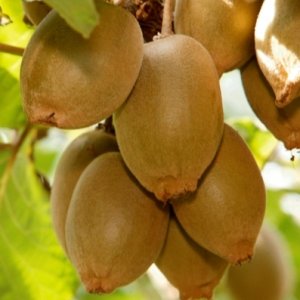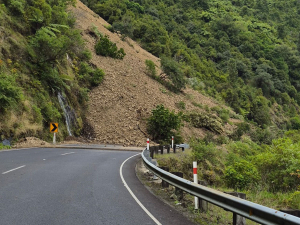Using notch grafting, rather than cutting back to root stock, may give them some income next production season, but, according to Kiwifruit Vine Health, could threaten the success of the new varieties.
KVH sent postal polling papers to Te Puke growers looking for 80% support for a ban on notch grafting as a practice with Zespri Gold varieties, G9 and G14. Many growers hope to graft these this winter to replace Psa-ravaged Hort 16A.
With notch grafting, canes are grafted onto one side of the old canopy thus allowing some fruit from the old vine to develop, perhaps providing some income next season.
KVH believes it will hinder eradication of Psa and will not provide the best environment to establish the new varieties.
It is not known how many Hort 16A growers in Te Puke were planning to use notch grafting, but KVH hopes to get more idea of that at meetings this week.
Grafting onto root stock does not carry the same risk, and 80-90% of Te Puke Gold growers have suitable root stock, KVH chief executive Barry O'Neil says.
Leaving Hort 16A on vines risks high inoculum of the bacteria being present in the orchard.
"Where there's widespread Psa there's risk that if growers try to grow another crop of Hort 16A while at the same time grafting one of the new varieties they will end up infecting the new variety. You will end up with the same problems going forward in Te Puke."
KVH has two meetings this week with growers in the Te Puke area. O'Neil says provided 80% of growers support the notch grafting ban, the KVH board will go to Zespri after its board meeting on April 26 seeking a change to its release mechanism.
As long as Hort 16A orchards remain infected, there's risk not only to investment in new varieties abut also to those continuing to grow green crops, he says.
NZ Kiwifruit Growers Inc chief executive Mike Chapman adds that young G3 growth is more susceptible to Psa than mature G3 growth.
"So the chances of that G3 growth taking hold are not strong [with notch grafting]."
Removing Hort 16A would mean no income for those growers; but with the low chance of success for G3 if notch grafting is used, there would be
no income anyway, he notes.
If G3 gets a chance to establish, growers will have a sustainable crop in a couple of years.
















